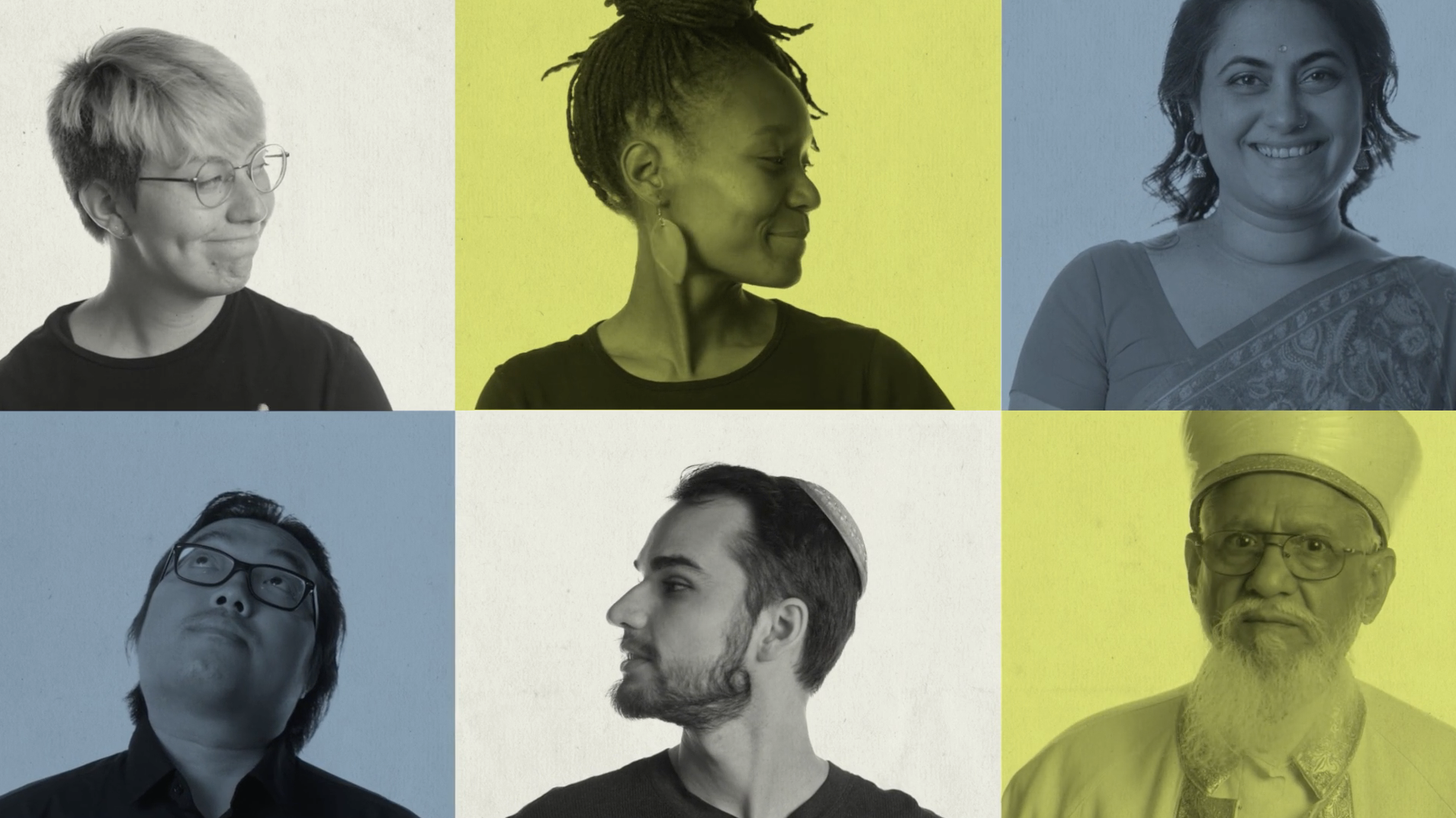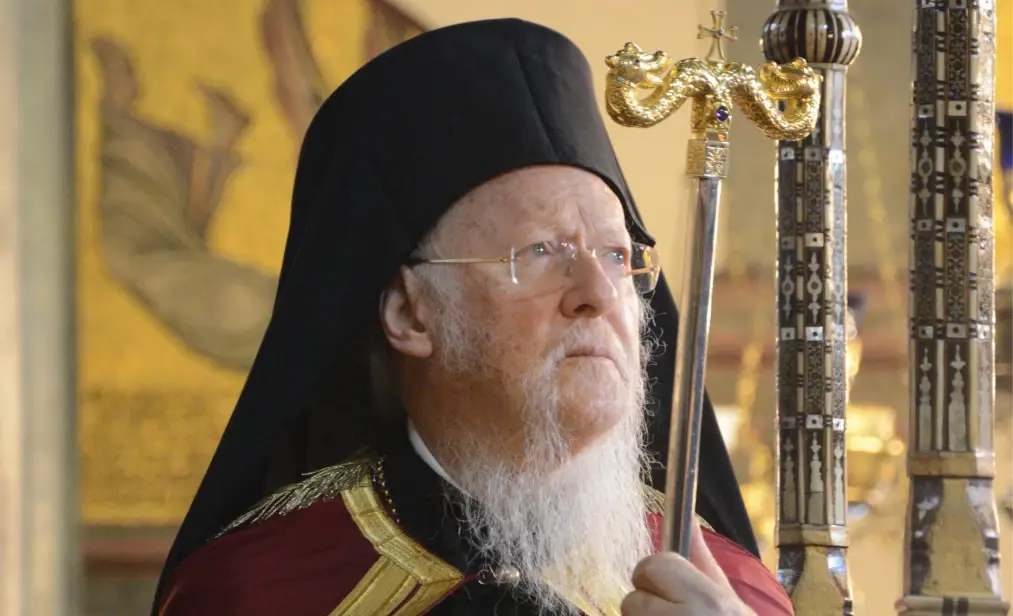We’re always seeking to improve the methods of inquiry into the existence and nature of spiritual realities.
According to Sir John, diversity—or in TRT parlance, pluralism—means progress, for “diversity provides for a freedom and a loving and healthy competition without which there might be only lesser progress.” (The Humble Approach, 168) And here it is important to note that Sir John was interested in two types of diversity or pluralism: methodological and religious.
This initiative is seeking to improve the methods of inquiry into the existence and nature of spiritual realities, making them more diverse (in a mutually reinforcing way), more nuanced, more reliable, and more fertile. Methods of inquiry includes the social and normative aspects of human knowledge acquisition.
!MORE!
Now, by “methods” we mean what Bernard Lonergan described (with reference to method in theology) as “a normative pattern of recurrent and related operations yielding cumulative and progressive results” (Method in Theology, 17), and by “inquiry,” we mean what he meant when he said: “Every inquiry aims at transforming some unknown into a known. Inquiry itself, then, is something between ignorance and knowledge. It is less than knowledge, else there would be no need to inquire. It is more than sheer ignorance, for it makes ignorance manifest and strives to replace it with knowledge. This intermediary between ignorance and knowing is an intending, and what is intended is an unknown that is to be known.” (Method in Theology, 24)
Put simply, by “inquiry” we mean both the state of being “between ignorance and knowledge”—how little we know—and the striving “to replace [ignorance] with knowledge.” As a program initiative, methods of inquiry begins with how little we know—less than 1%—coupled with an optimism rooted in critical realism. We are always seeking, in this case, to replace ignorance with knowledge, and this by way of diverse methods and interdisciplinary engagement.





